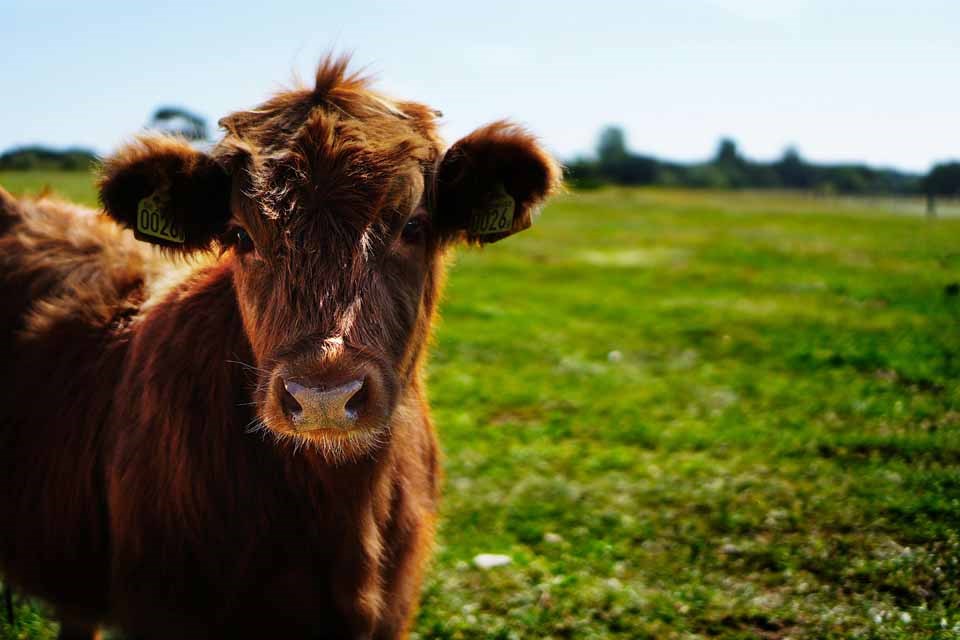Canada’s food system has a history of introducing practices and ingredients that, while technically safe, often leave consumers feeling uninformed or misled. The approval of Bovaer demonstrates Ottawa’s commitment to reducing greenhouse gas emissions – an essential objective – but risks repeating past mistakes where innovations triggered backlash due to a lack of openness.
Consider the infamous Buttergate scandal. The dairy industry quietly added palmite, a palm oil derivative, to cattle feed, altering the composition of Canadian butter and making it harder at room temperature. Consumers weren’t just upset about harder butter; they felt blindsided and betrayed. Trust was sacrificed, and the dairy industry faced widespread criticism.
From revelations of wood pulp in grated Parmesan cheese to the mislabelling of seafood and the delayed removal of trans fats, Canada’s food system has repeatedly left consumers in the dark. The introduction of genetically modified organisms (GMOs) into the food supply ignited similar concerns about transparency and consumer rights. Without proactive communication, innovations like Bovaer risk deepening public skepticism.
Canada has already seen the consequences of prioritizing expediency over transparency. The Mad Cow disease outbreak, linked to questionable feed practices, devastated public trust and global perceptions of Canadian agriculture. The lesson was clear: transparency and rigorous oversight are non-negotiable.
Today, the narrative has shifted to environmental sustainability. Methane emissions from cattle are a valid concern, particularly as agriculture works to align with climate goals. However, quick fixes like feed additives raise questions about long-term effects on natural systems, animal health, and food quality. These concerns must be addressed to prevent consumer backlash.
Canadian consumers are increasingly discerning. They want more than assurances of safety; they want to know how their food is produced and whether it aligns with their values. Oversimplified solutions that prioritize environmental goals without addressing consumer concerns often alienate both producers and the public, threatening the stability of Canada’s food system.
Reports indicate that most Canadian cattle and dairy producers have not yet adopted Bovaer and have no immediate plans to do so, with commercial supplies still limited. However, the absence of clear communication about this reality risks damaging the entire sector’s reputation. Public perception often becomes a reality, and a lack of transparency could have lasting consequences.
To mitigate these risks, regulators like the Canadian Food Inspection Agency (CFIA) must expand their focus beyond safety assessments. They should evaluate the broader implications of innovations like Bovaer on food quality, consumer trust, and market dynamics. Meanwhile, the beef and dairy industries must proactively engage with consumers, offering clear information about production practices and any potential changes to food products.
Approving Bovaer without robust public discourse was a missed opportunity. However, sustainability and tradition need not be mutually exclusive. By embracing transparency and respecting the principles of nature, the industry can align environmental goals with consumer expectations.
Reducing methane emissions is a vital step for agriculture, but it cannot come at the expense of informed consumer choice or the integrity of Canada’s food supply. Transparency must take centre stage to ensure the industry evolves while preserving the trust of the people it serves.
Dr. Sylvain Charlebois is a Canadian professor and researcher specializing in food distribution and policy. He is the senior director of the Agri-Food Analytics Lab at Dalhousie University and co-host of The Food Professor Podcast. The media frequently cites him for his insights on food prices, agricultural trends, and the global food supply chain.
The commentaries offered on SaskToday.ca are intended to provide thought-provoking material for our readers. The opinions expressed are those of the authors. Contributors' articles or letters do not necessarily reflect the opinion of any SaskToday.ca staff.




